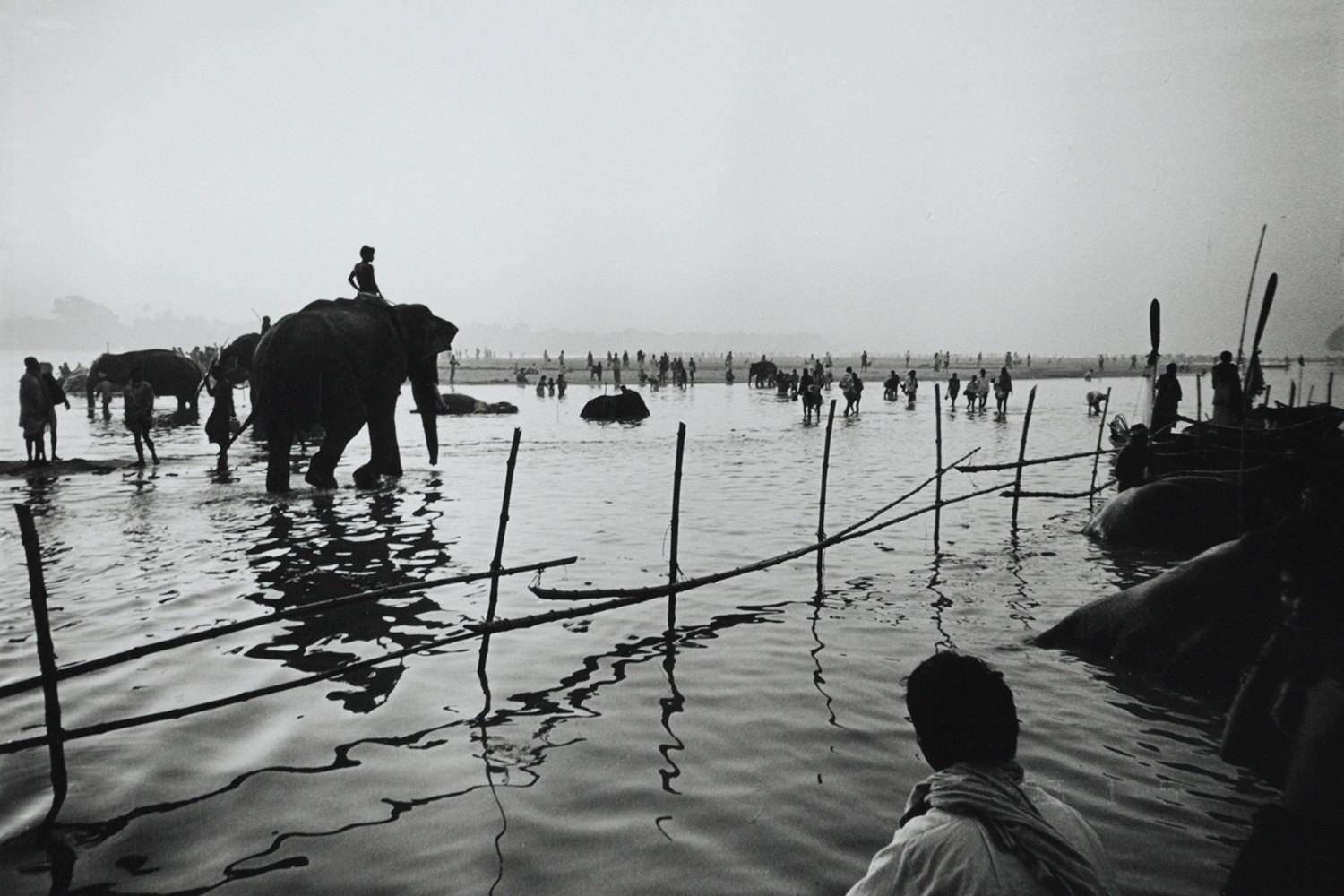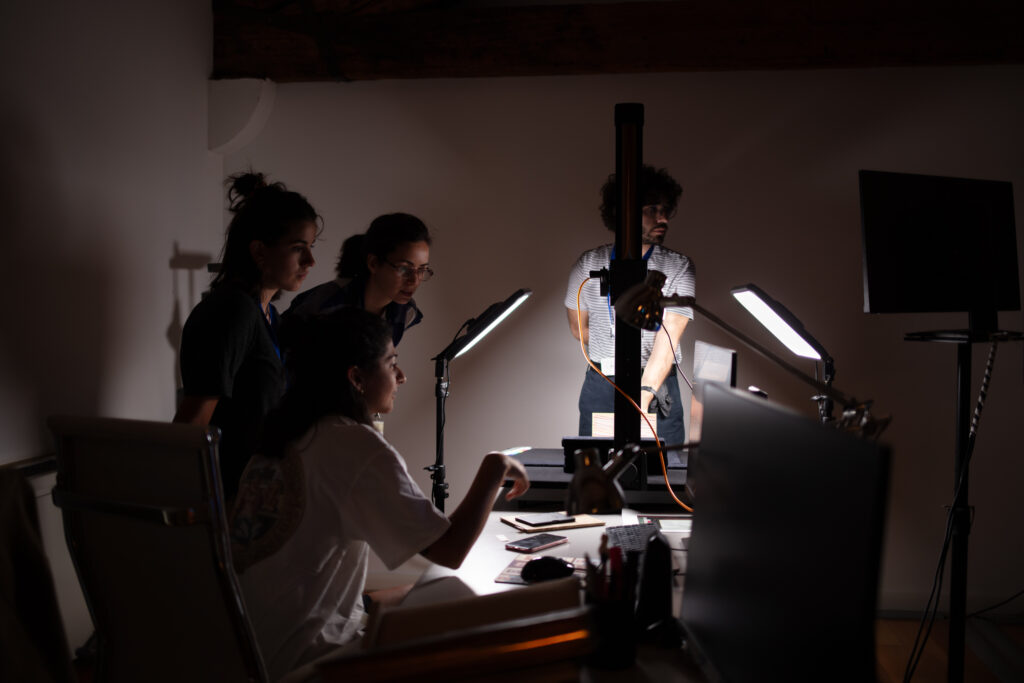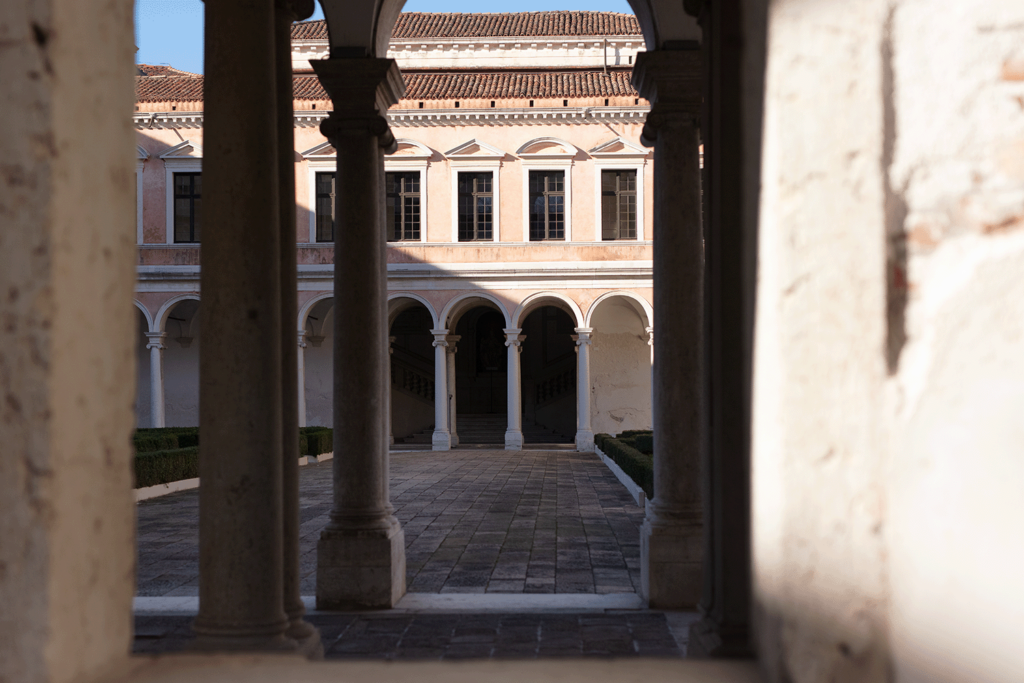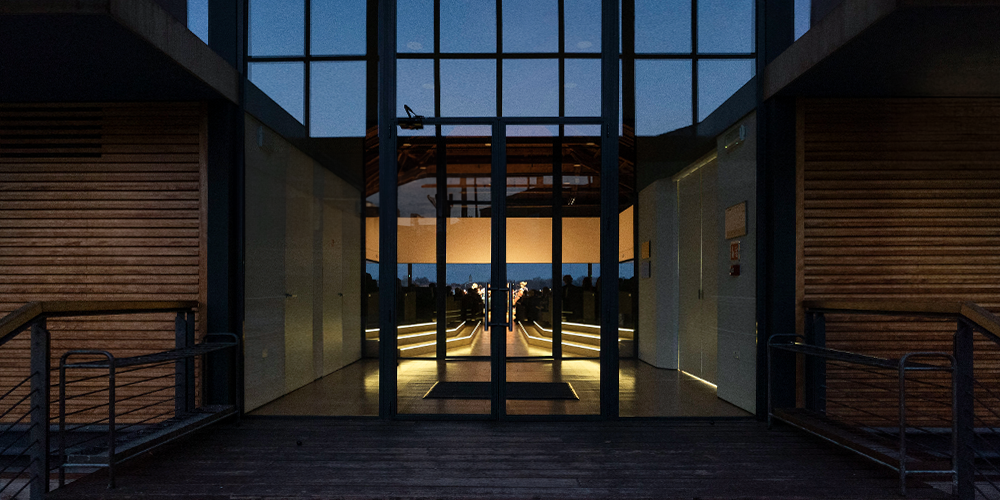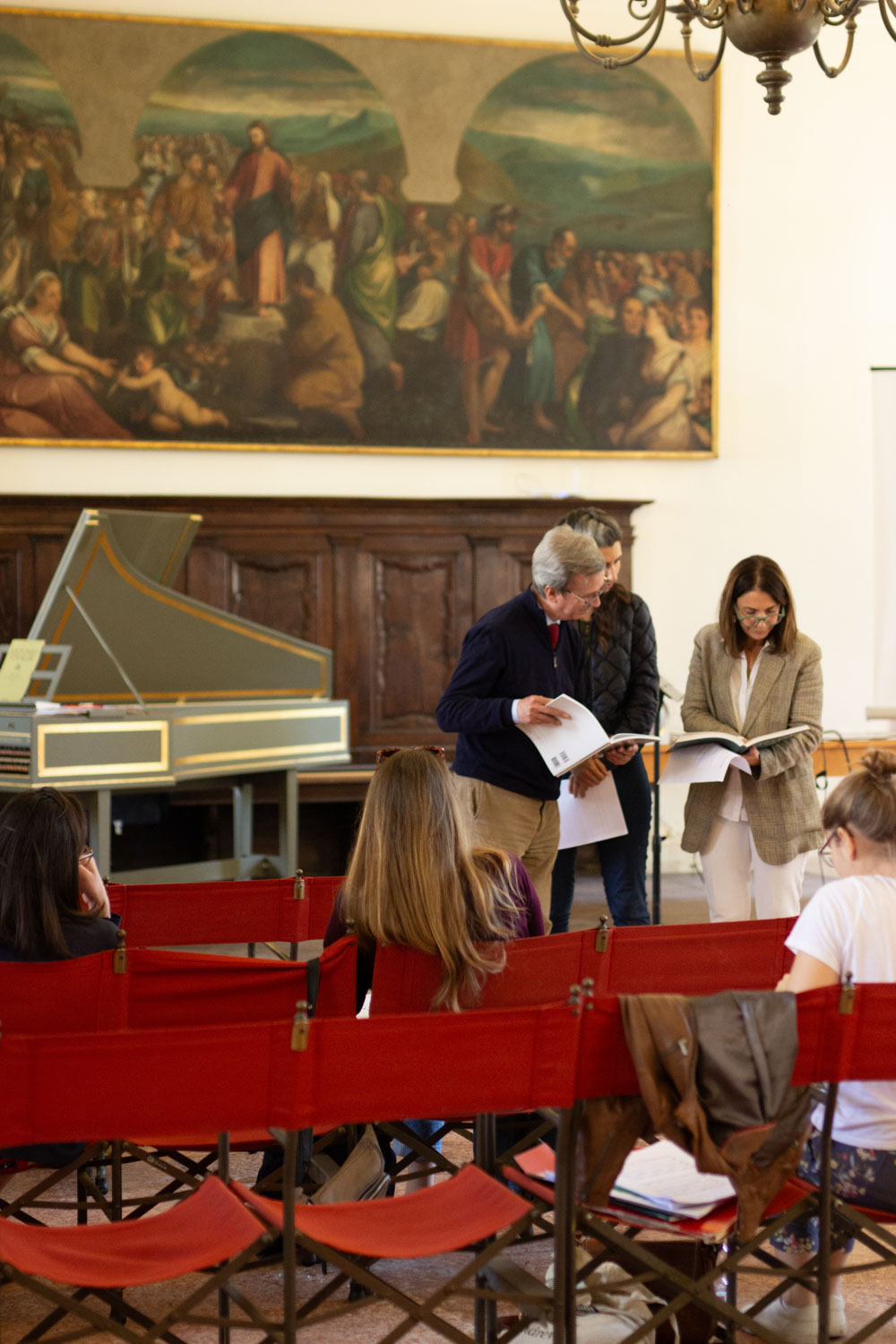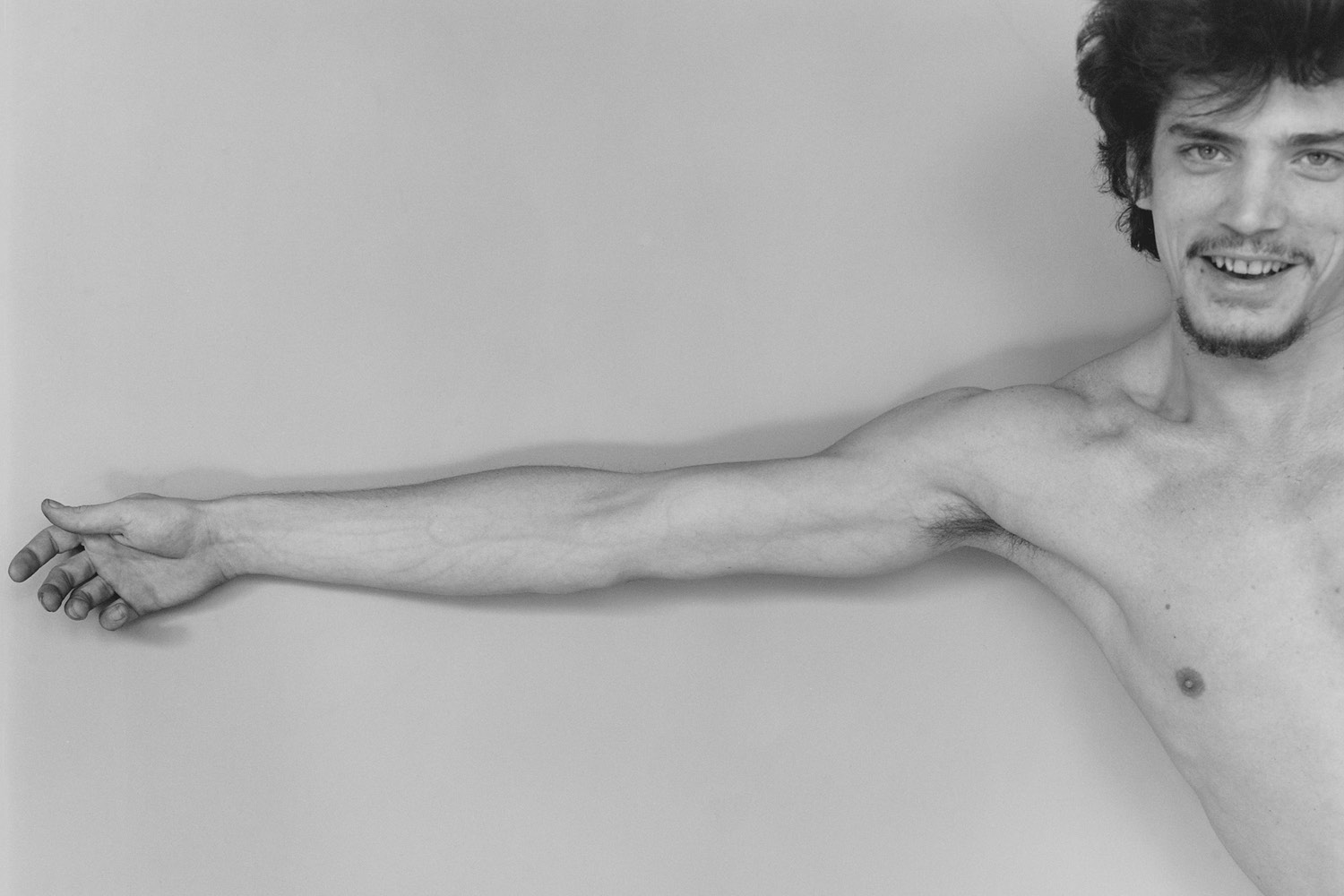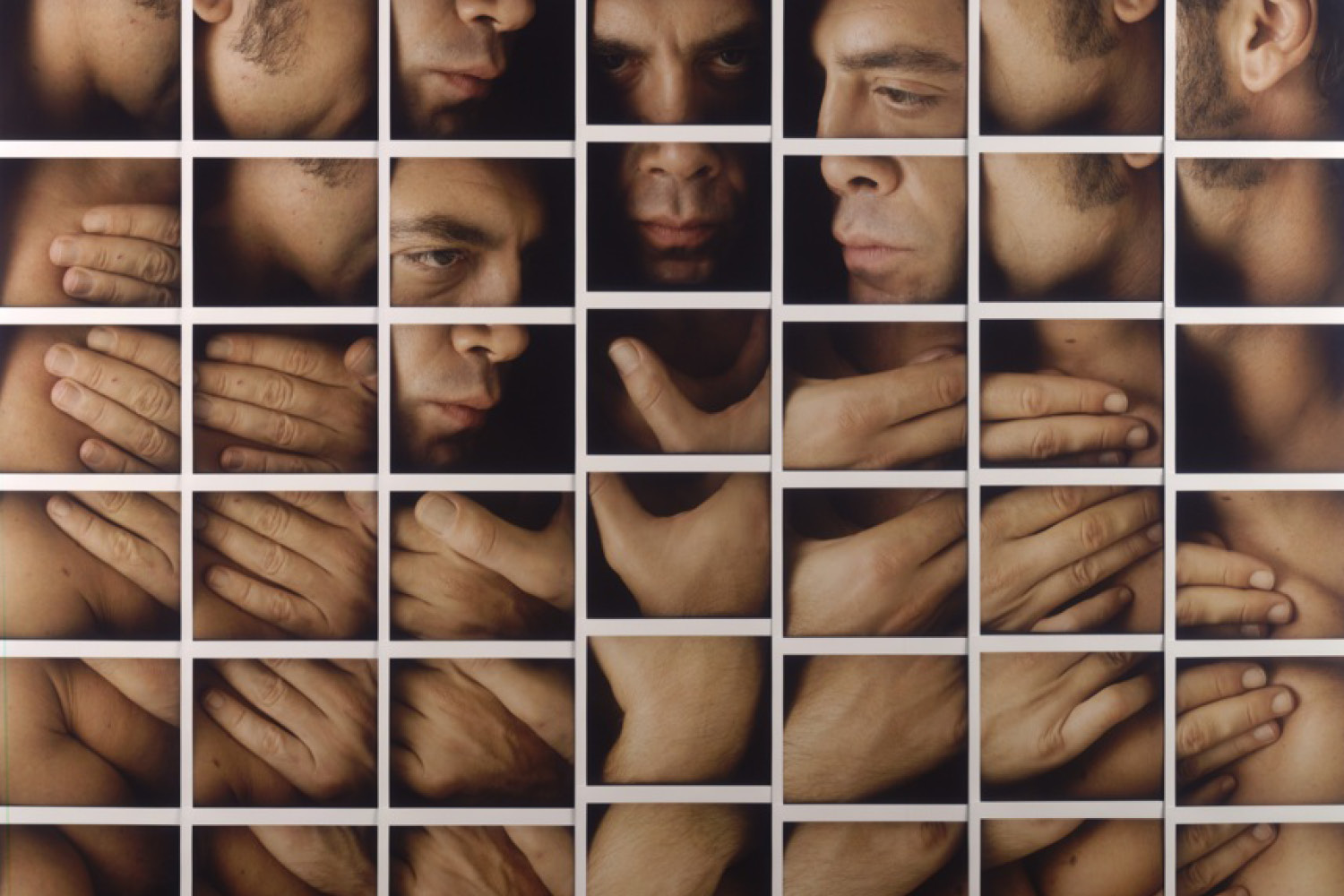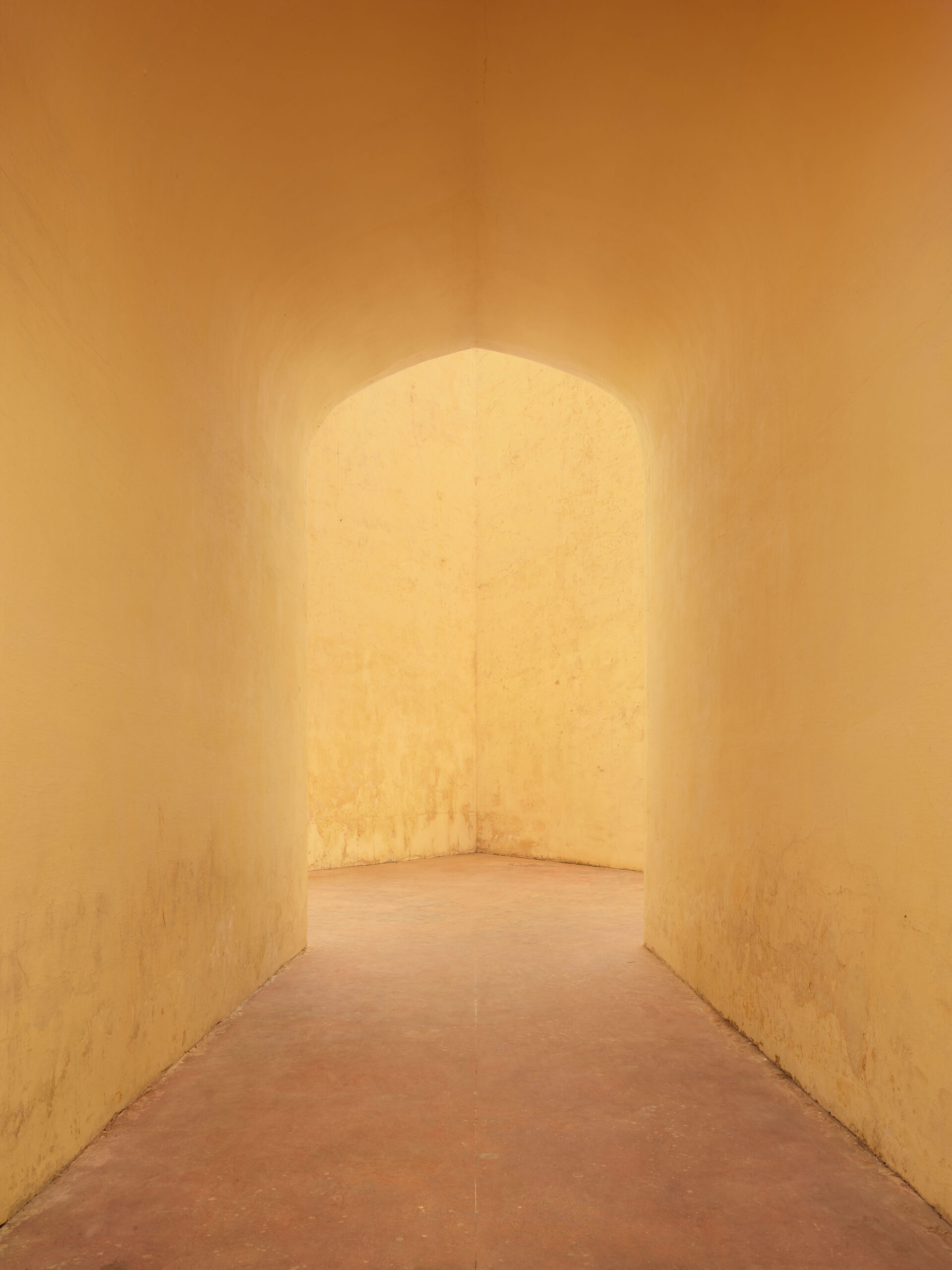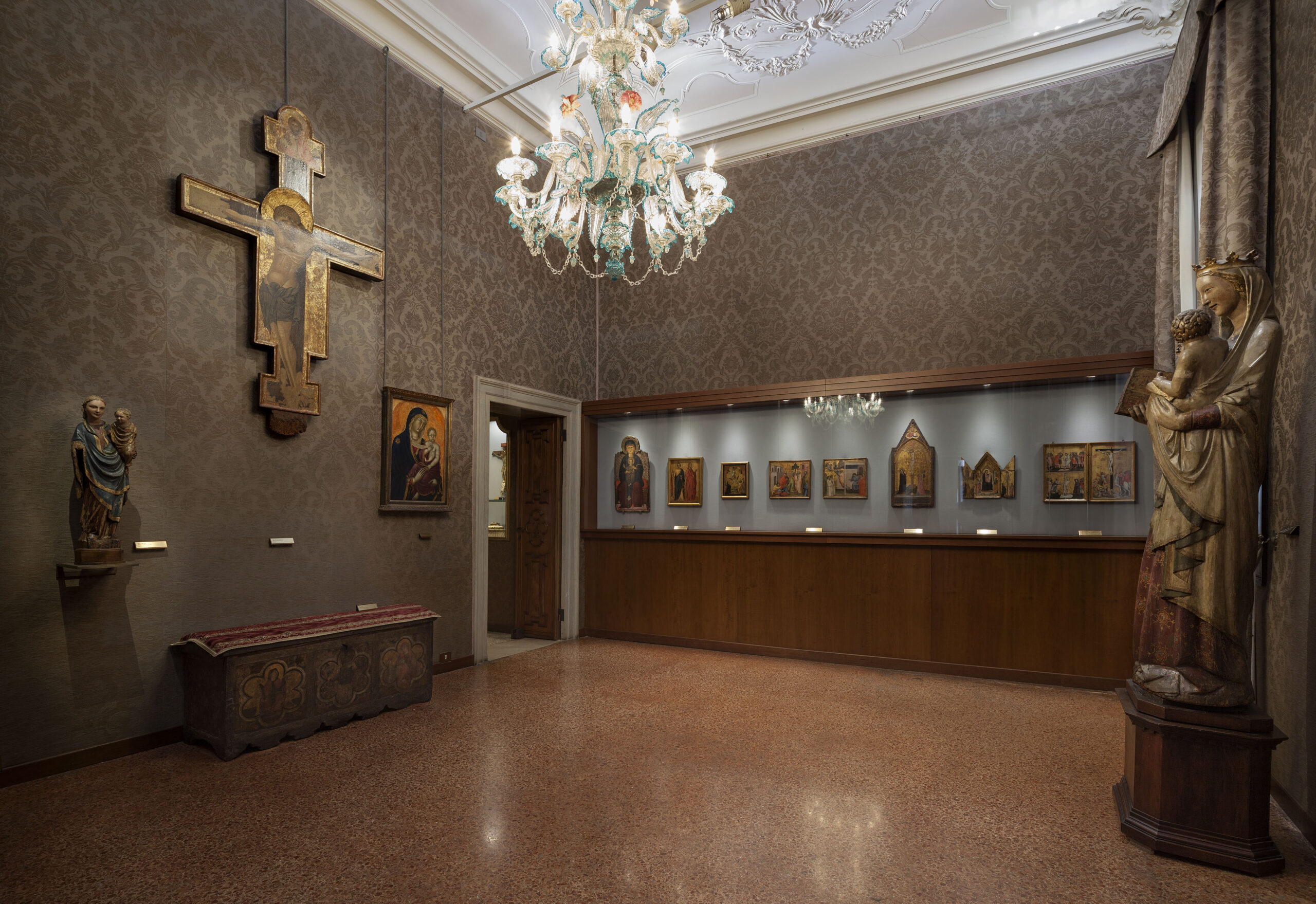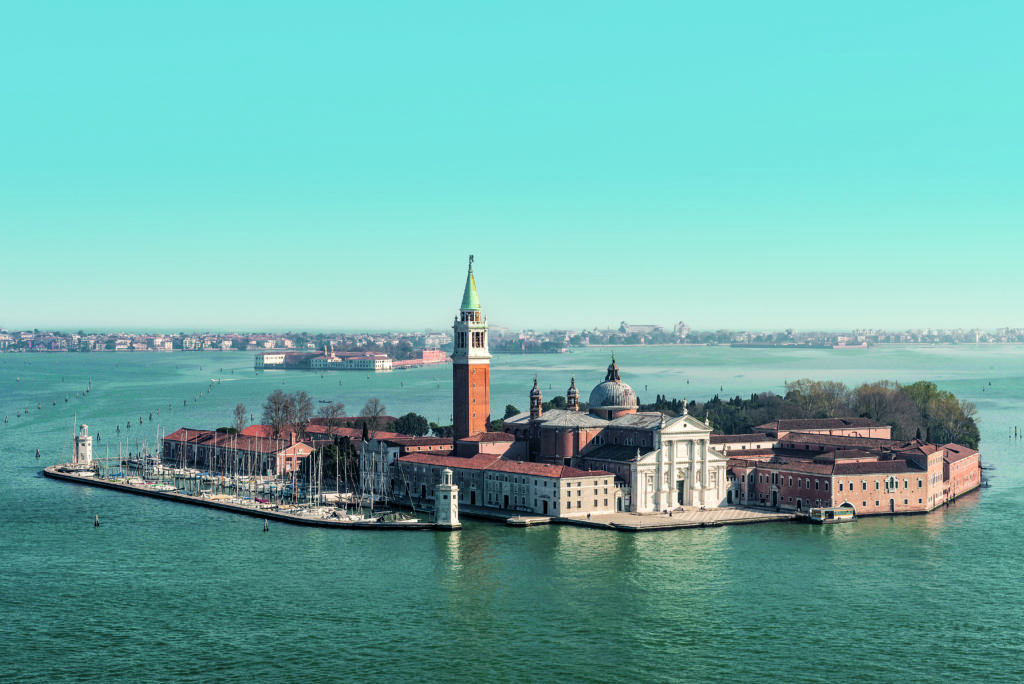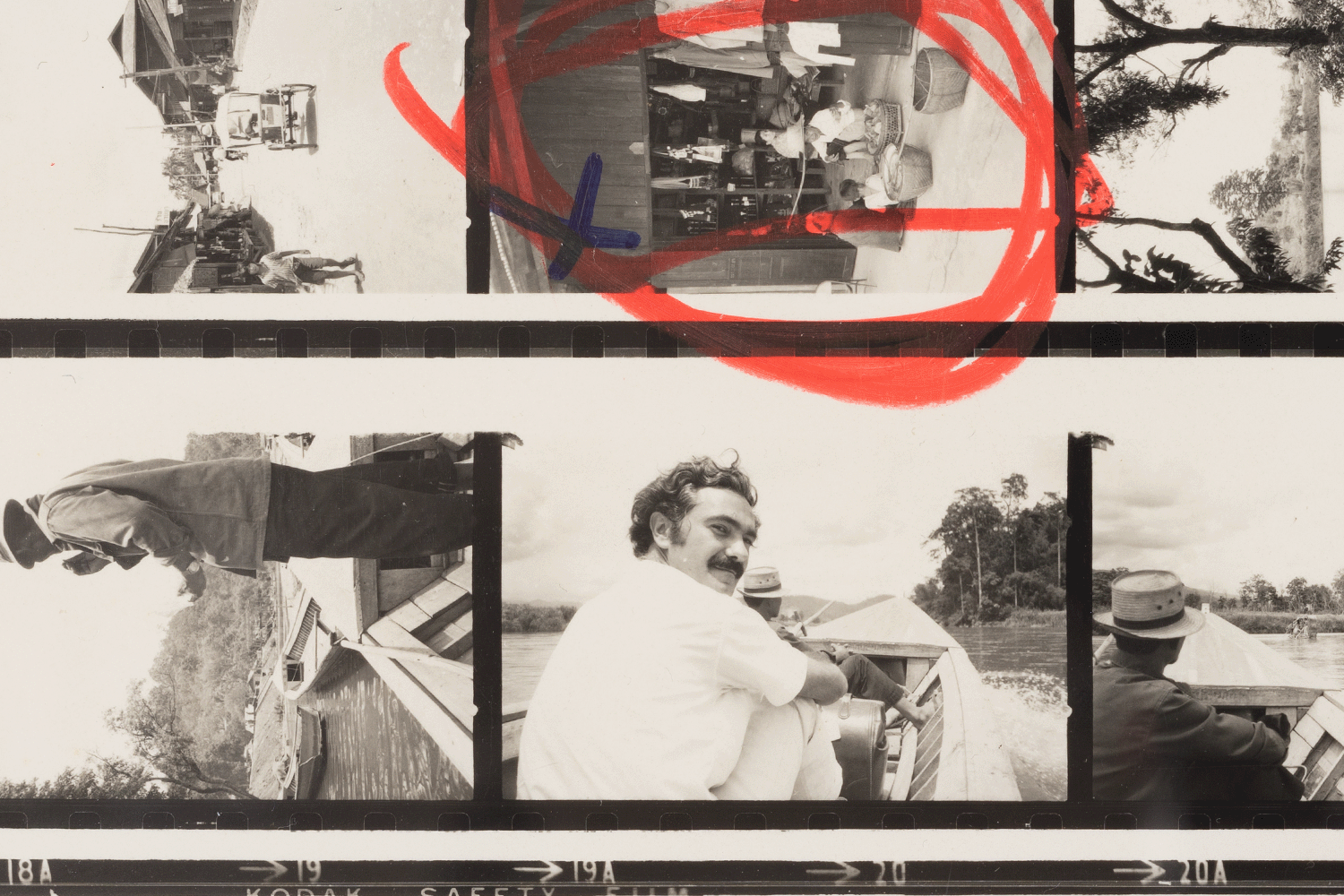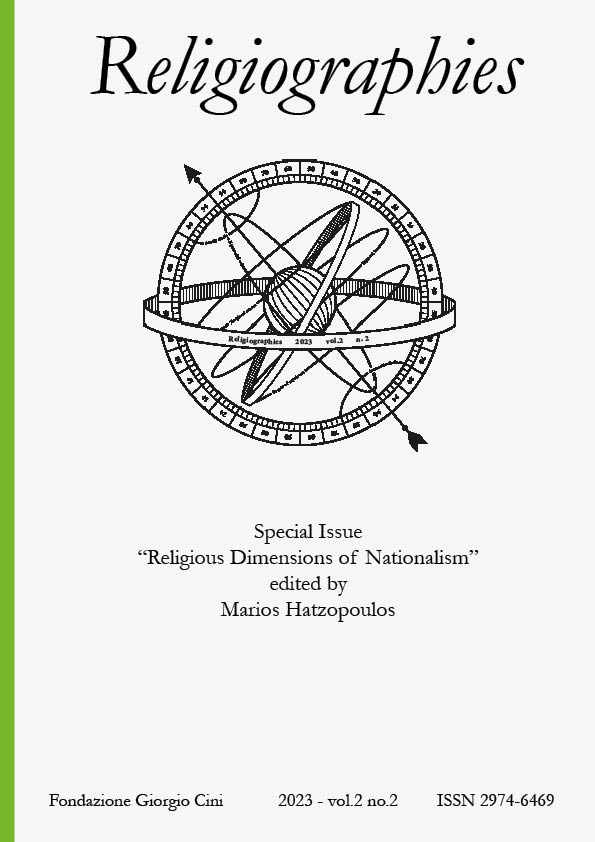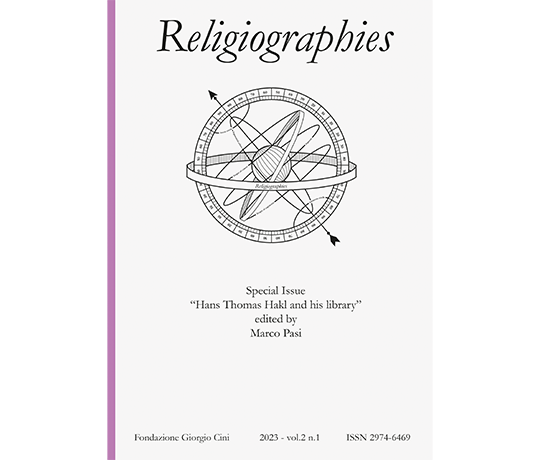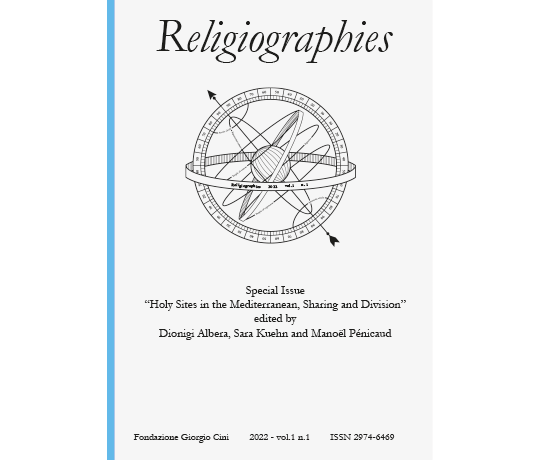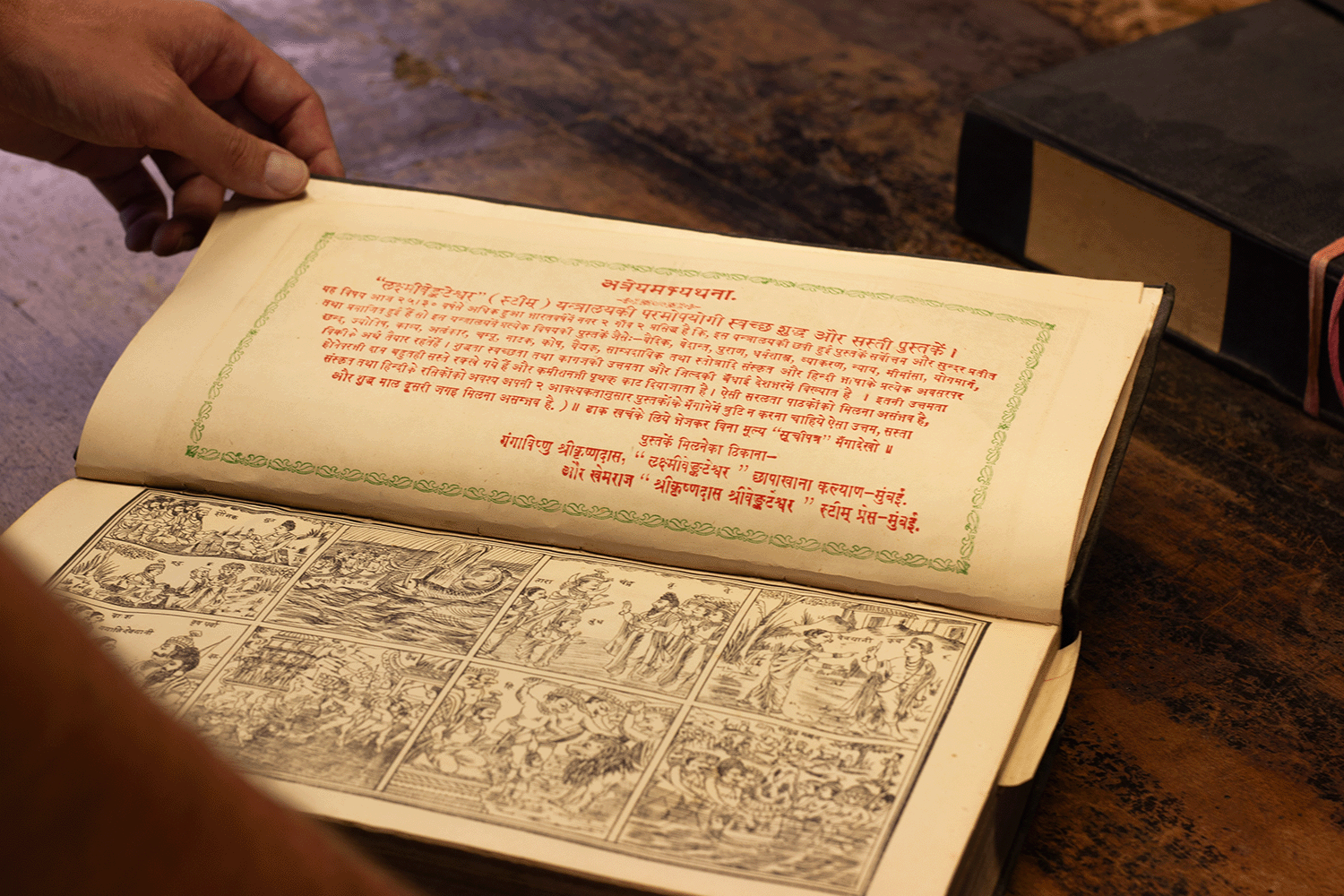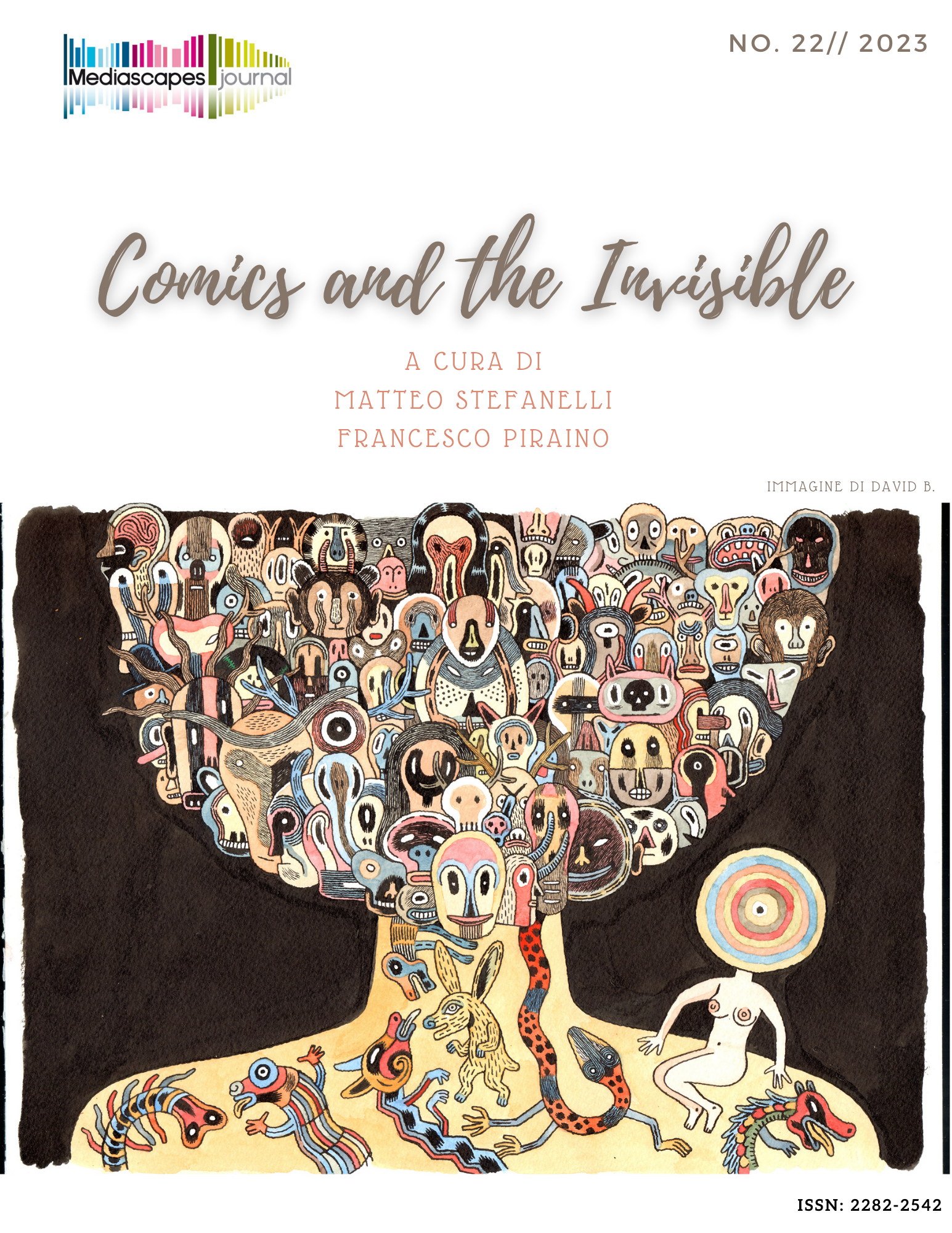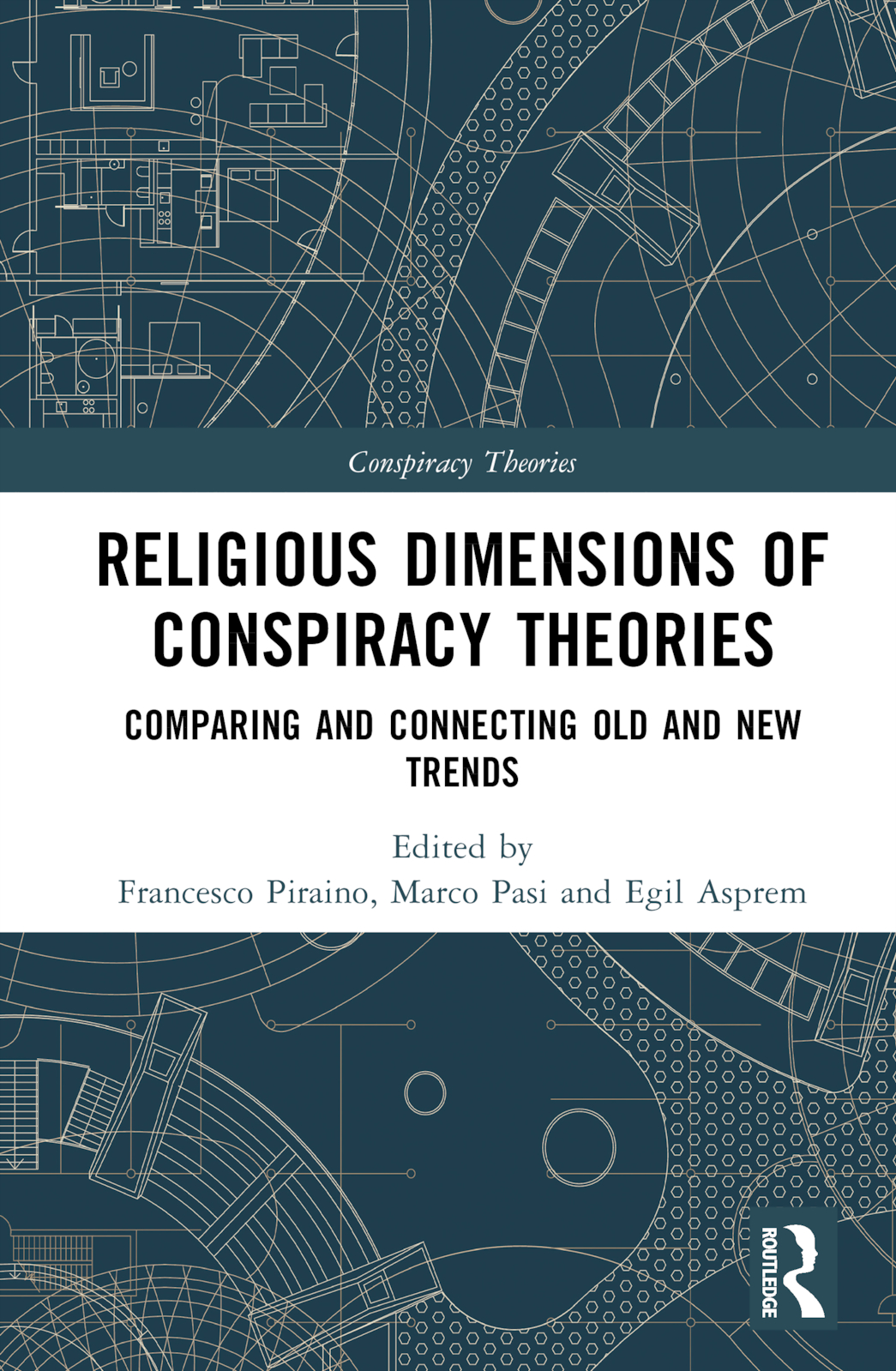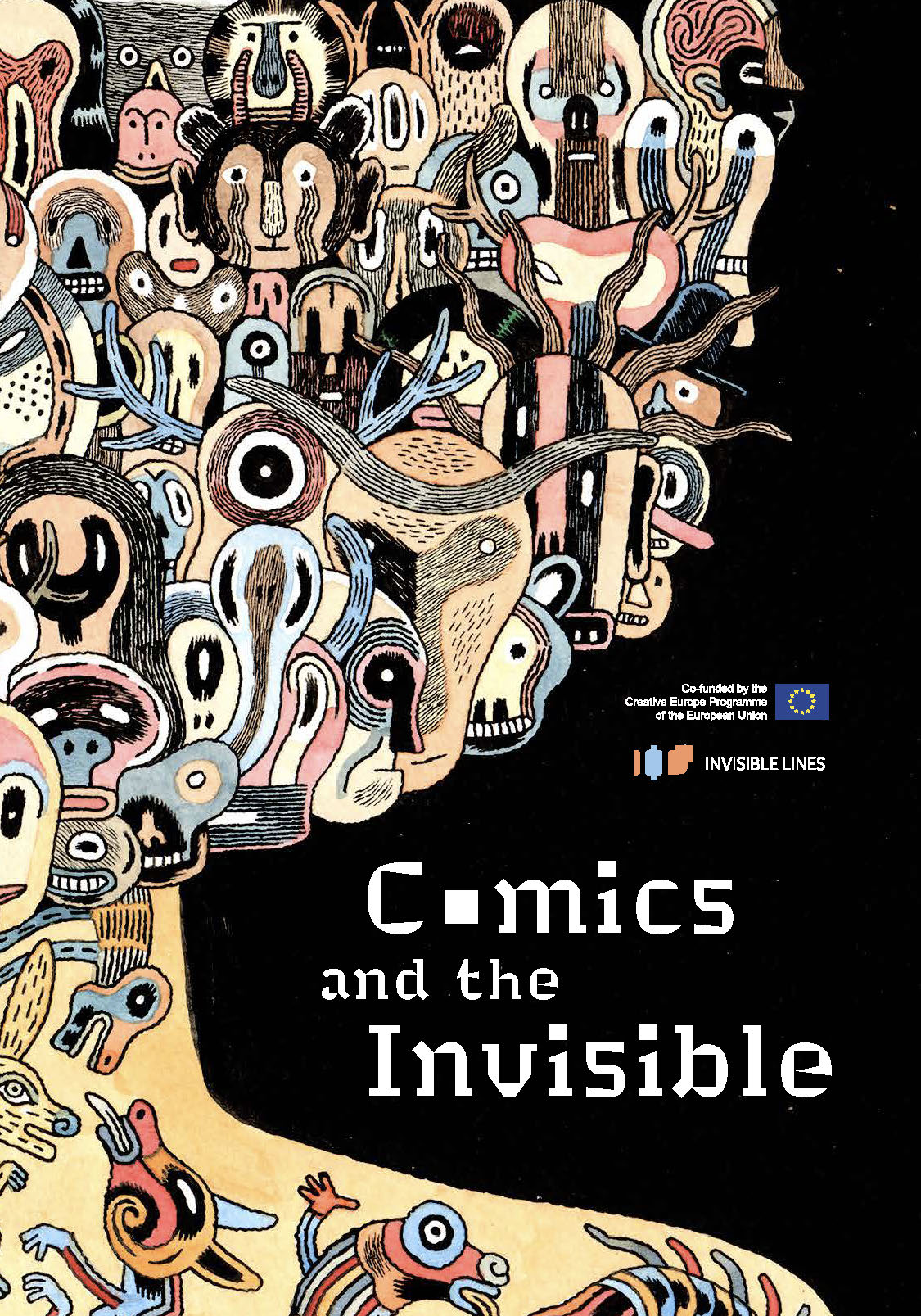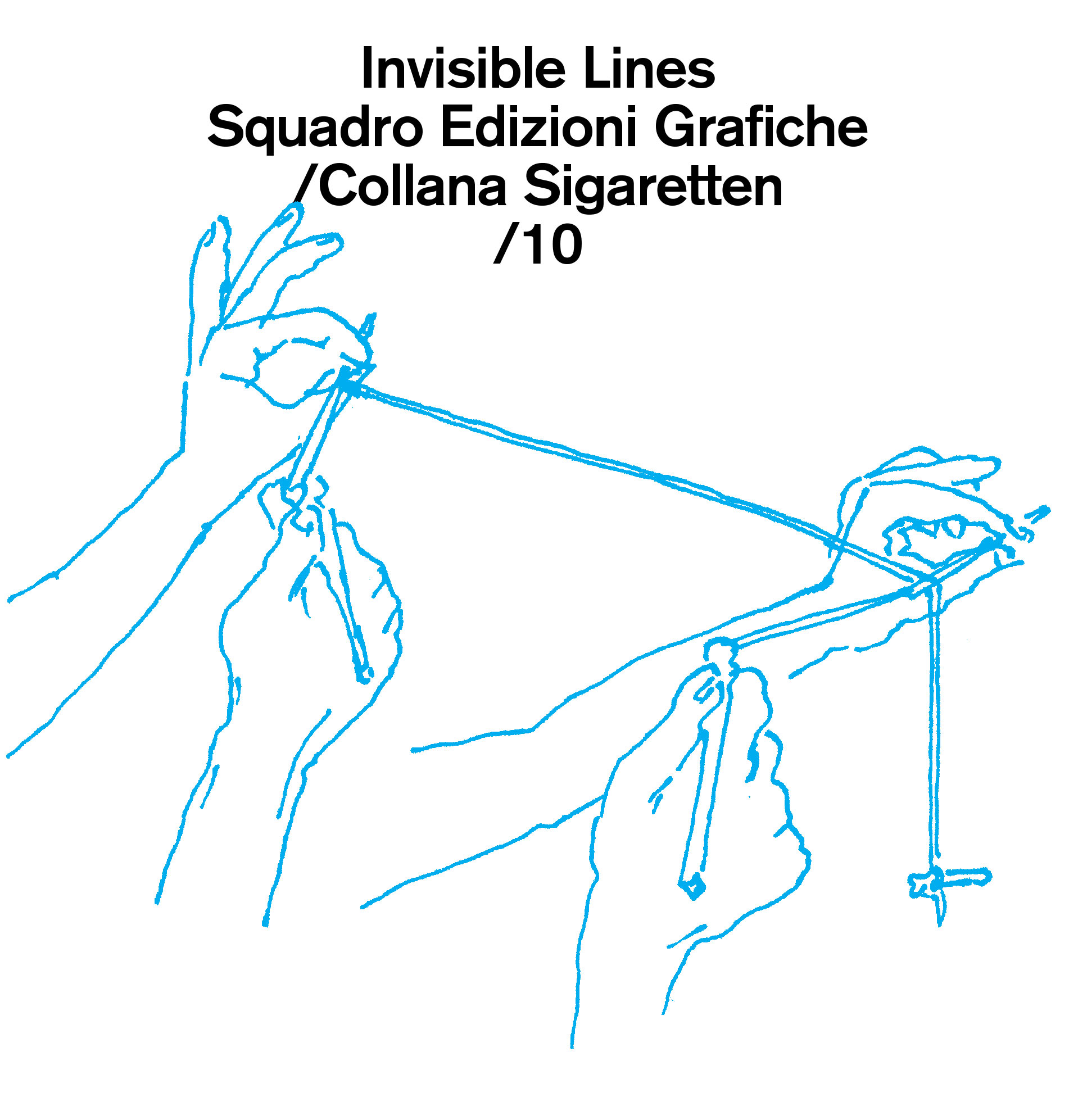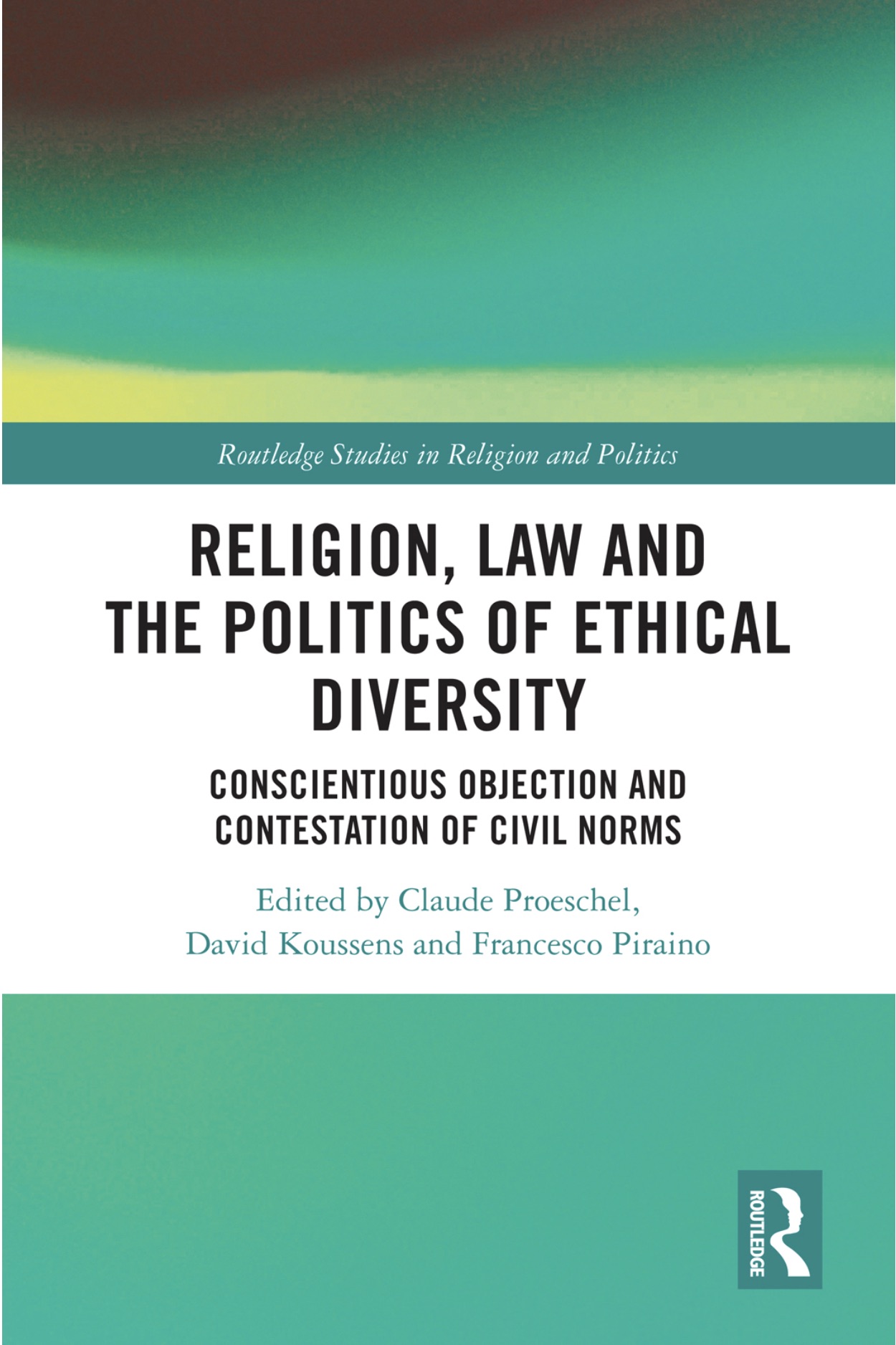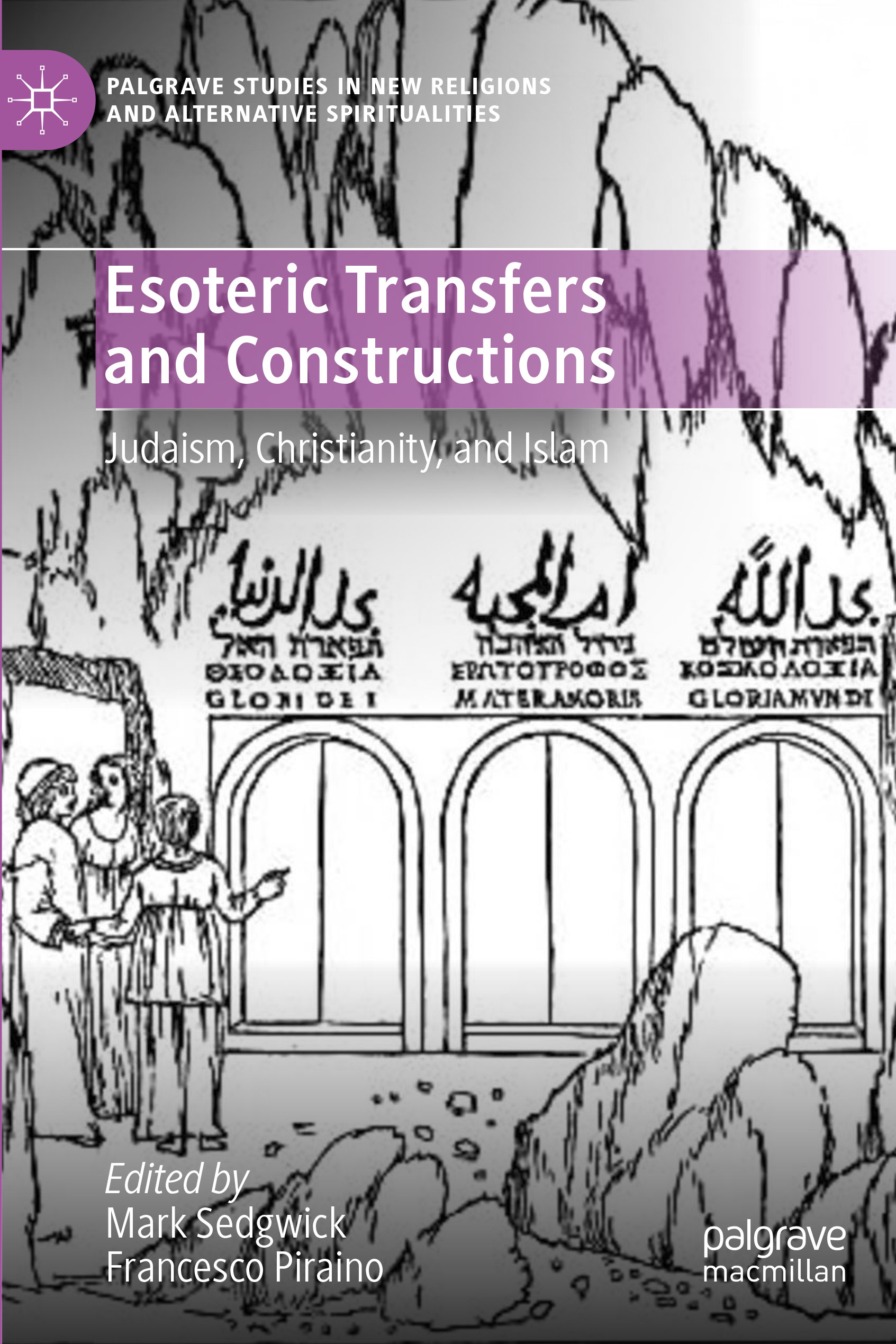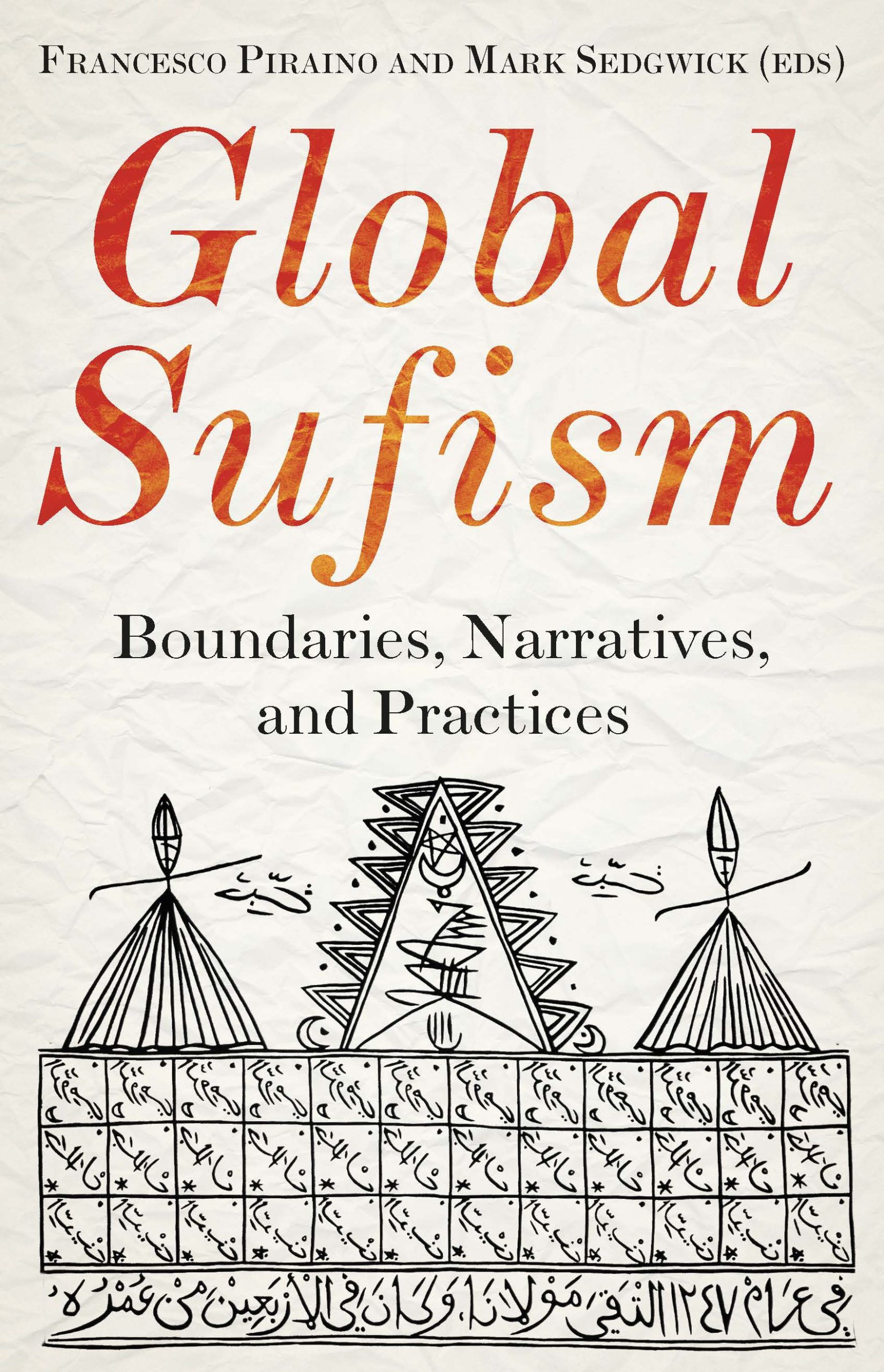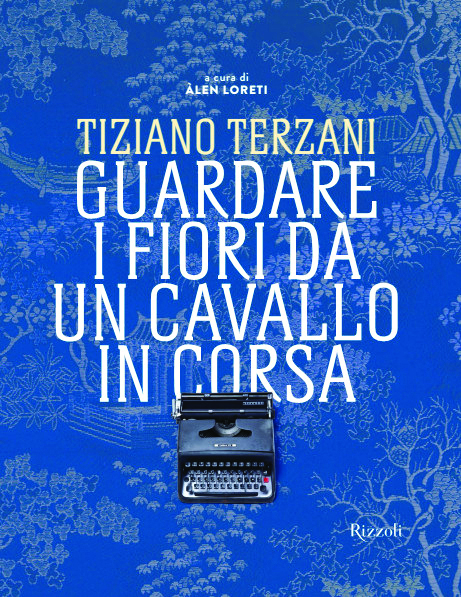
Call for papers for the symposium
Transcendence in the Small Gestures of Life
Attention and Care for Nature and Humans in Religious Traditions
Fondazione Giorgio Cini, 2-3 October 2025
Deadline: 15 May 2025
The symposium aims to explore spiritual states within religious traditions that promote attentiveness and care for the world, humanity, and creation, with a particular focus on the ecological crisis. The seminar concentrates on “passive” modes of relationship such as contemplation, silence, and the pursuit of peace, which are considered pathways to transcendental experiences within religions.
Transcendence in the Small Gestures of Life examines how believers cultivate an awareness of transcendence through the small daily gestures, exploring how the extraordinary can emerge from everyday life, beyond religious rituals. In contrast to social theories that emphasise autonomy and individual action, the symposium seeks to explore acts of surrender to God or nature as responses to contemporary crises, reflecting on the significance of sensory aspects in connecting with the world and analysing how these experiences might influence research and lead to new methodological implications.
The conference is organised by the Centre for Comparative Studies of Civilisations and Spiritualities (Fondazione Giorgio Cini) in collaboration with the Muslim Worlds Network of the European Association of Social Anthropologists (EASA).
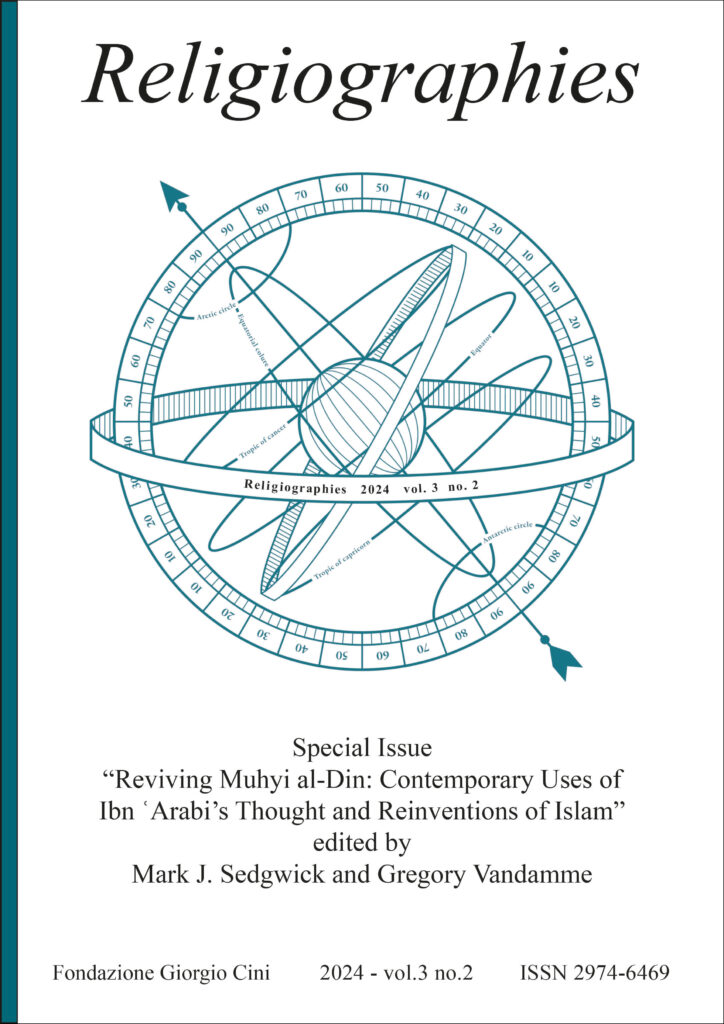
Open-access and peer-reviewed journal, curated by the Centre for Comparative Studies of Civilisations and Spiritualities at the Fondazione Giorgio Cini.
With an interdisciplinary approach, Religiographies fosters dialogue between historians, sociologists, anthropologists, philosophers, and psychologists on three main themes: mysticism, esotericism, and spirituality.
This special issue of Religiographies aims to explore and analyse contemporary cases of the use of Muḥyiddīn Ibn ʿArabi’s (d. 1240) thought and to shed light on the motivations, dynamics and methods behind his interpretations. In order to improve the understanding and variety of the claims and to distinguish between the common links and the peculiarities of those cases, we would like to answer several questions, including: Which concepts of Ibn ʿArabi are most commonly used to address contemporary issues? How have they changed over the centuries? What aspects of Ibn ʿArabi’s paradoxical thought are emphasised or, on the contrary, downplayed by new exegetes? How is Ibn ʿArabi’s thought integrated or not into the broader spectrum of the Islamic intellectual tradition?
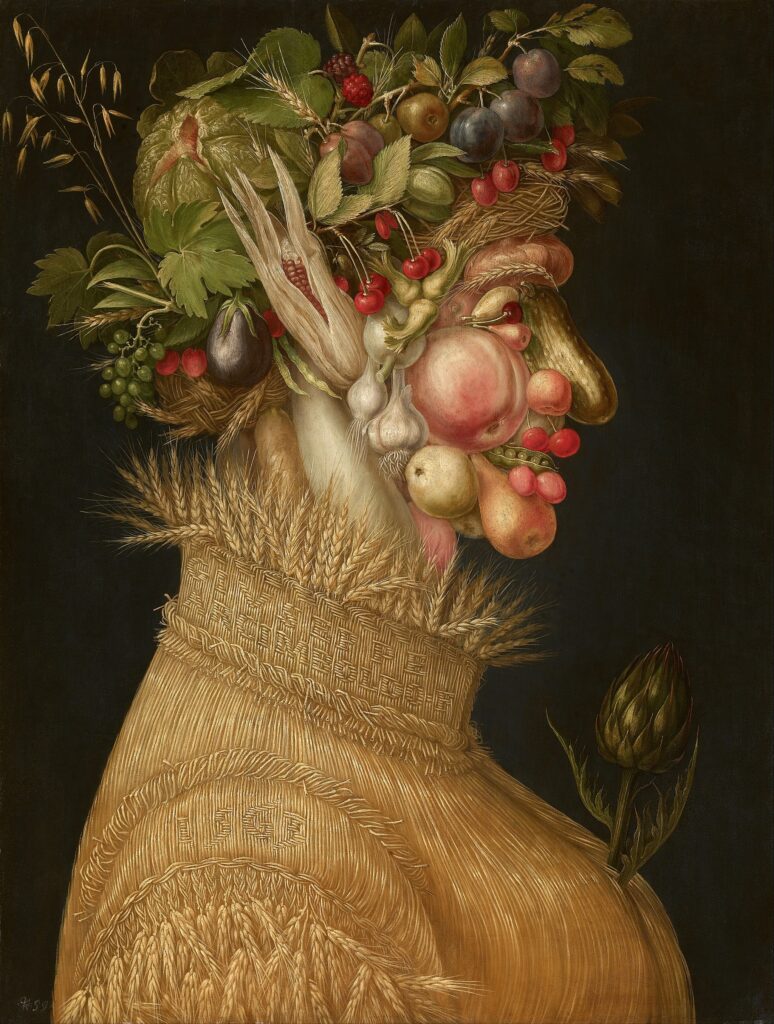
Call for papers for the conference Spiritualities and Healing in Global and Transhistorical Perspectives
Fondazione Giorgio Cini, 10-12 June 2025
Deadline: 28 February 2025
This conference aims to explore the intersection of folk, vernacular, complementary, alternative, indigenous, and bio-medicines in critical dialogue with analytical categories in the study of religion, including folk religions, magic, and spiritualities. A transhistorical perspective will be adopted, encompassing both contemporary and pre-modern practices, beliefs, and historicities. A central theme also concerns the relationship between alternative spiritualities and the pandemic, examining how movements rooted in religious and spiritual practices have supported or challenged scientific approaches to pandemic management, with significant political impacts, fueling nationalisms, populisms, and fundamentalisms, and reshaping the debate on health, spirituality, and governance.
The conference is organized jointly by the Centre for Comparative Studies of Civilisations and Spiritualities (Cini Foundation), the Center for the Study of World Religions (Harvard Divinity School) the Center for the Study of Lived Religion (Ca’ Foscari University), and the HEAL Network for the Ethnography of Healing.
Scholarship – Utopia, Art, and Spirituality
Deadline: 28 February 2025
We are pleased to announce that the postgraduate research fellowship Utopia, Art, and Spirituality, promoted by the Centre for Comparative Studies of Civilisations and Spiritualities of Fondazione Giorgio Cini in Venice (Italy) and the Archivio Luigi Pericle in Ascona (Switzerland), has been renewed for the second year.
The applicant awarded the Utopia, Art, and Spirituality grant will have the opportunity to spend two months at Fondazione Giorgio Cini in Venice and two months at the Hotel Ascona, home of the Archivio Luigi Pericle.
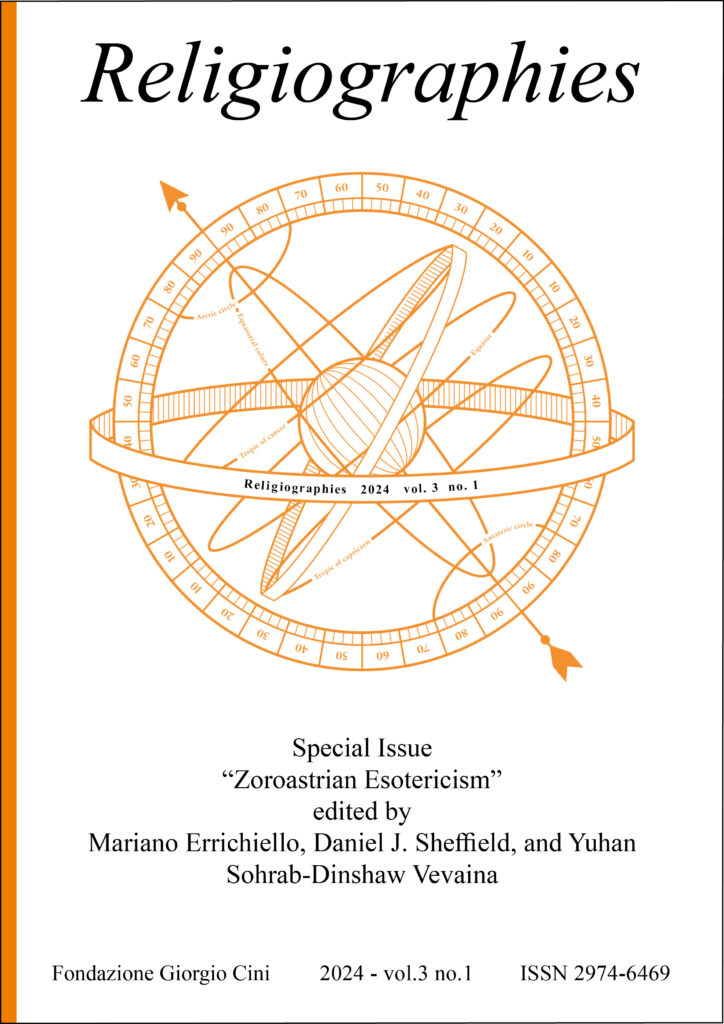
Open-access and peer-reviewed journal, curated by the Centre for Comparative Studies of Civilisations and Spiritualities at the Fondazione Giorgio Cini.
With an interdisciplinary approach, Religiographies fosters dialogue between historians, sociologists, anthropologists, philosophers, and psychologists on three main themes: mysticism, esotericism, and spirituality.
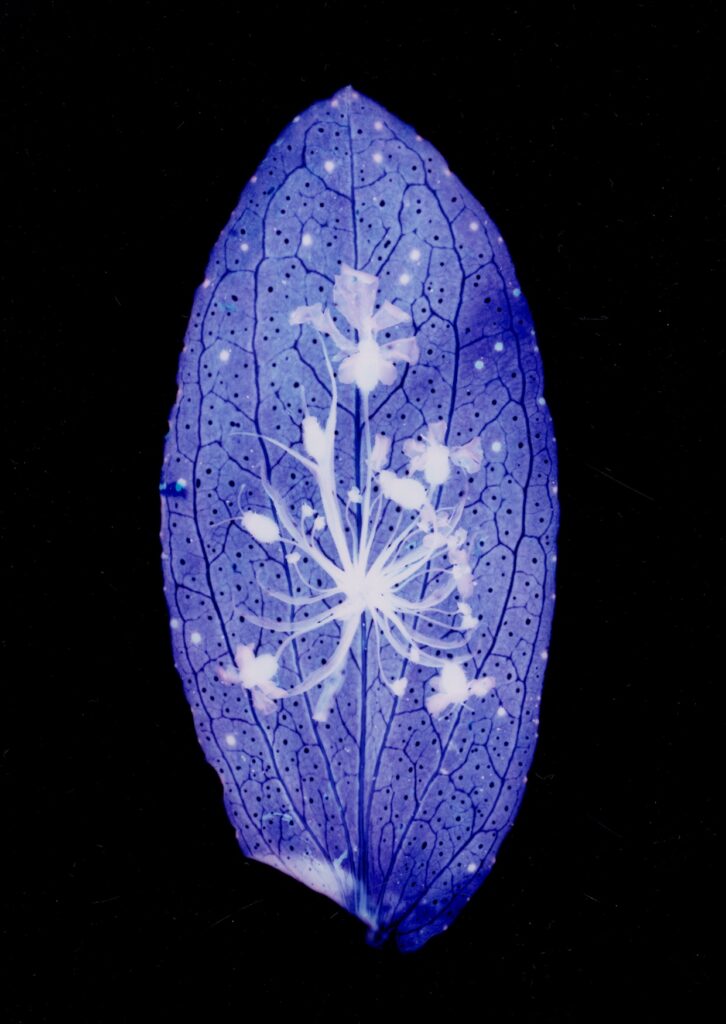
This conference focuses on the aesthetics of esoteric practices through materialities, performances, and the senses. It aims to explore the extent to which esoteric practices are socially and culturally constructed and effective because they are practiced, performed, sensorily perceived and embodied by participants as practitioners as well as spectators. The conference evolves around aesthetics as the relations between esoteric practices, the practicing individual and their social and cultural environment.
The event is organized jointly by Fondazione Giorgio Cini (Centre for Comparative Studies of Civilisations and Spiritualities), DFG-funded Center for Advanced Studies “Alternative Rationalities and Esoteric Practices from a Global Perspective” (CAS-E) at the Friedrich-Alexander-Universität Erlangen-Nürnberg, Center for the History of Hermetic Philosophy and Related Currents at the University of Amsterdam, and the Research Network for the Study of Esoteric Practices (RENSEP).
The event will be enriched by a Piano Concert organized by the Institute of Music.
Download the program of the conference here.
Admission is free upon registration on Eventbrite:
– Conference registration (12-13-14 November)
– Concert registration (13 November at 6 pm)
For questions about availability, please contact: civilta.comparate@cini.it
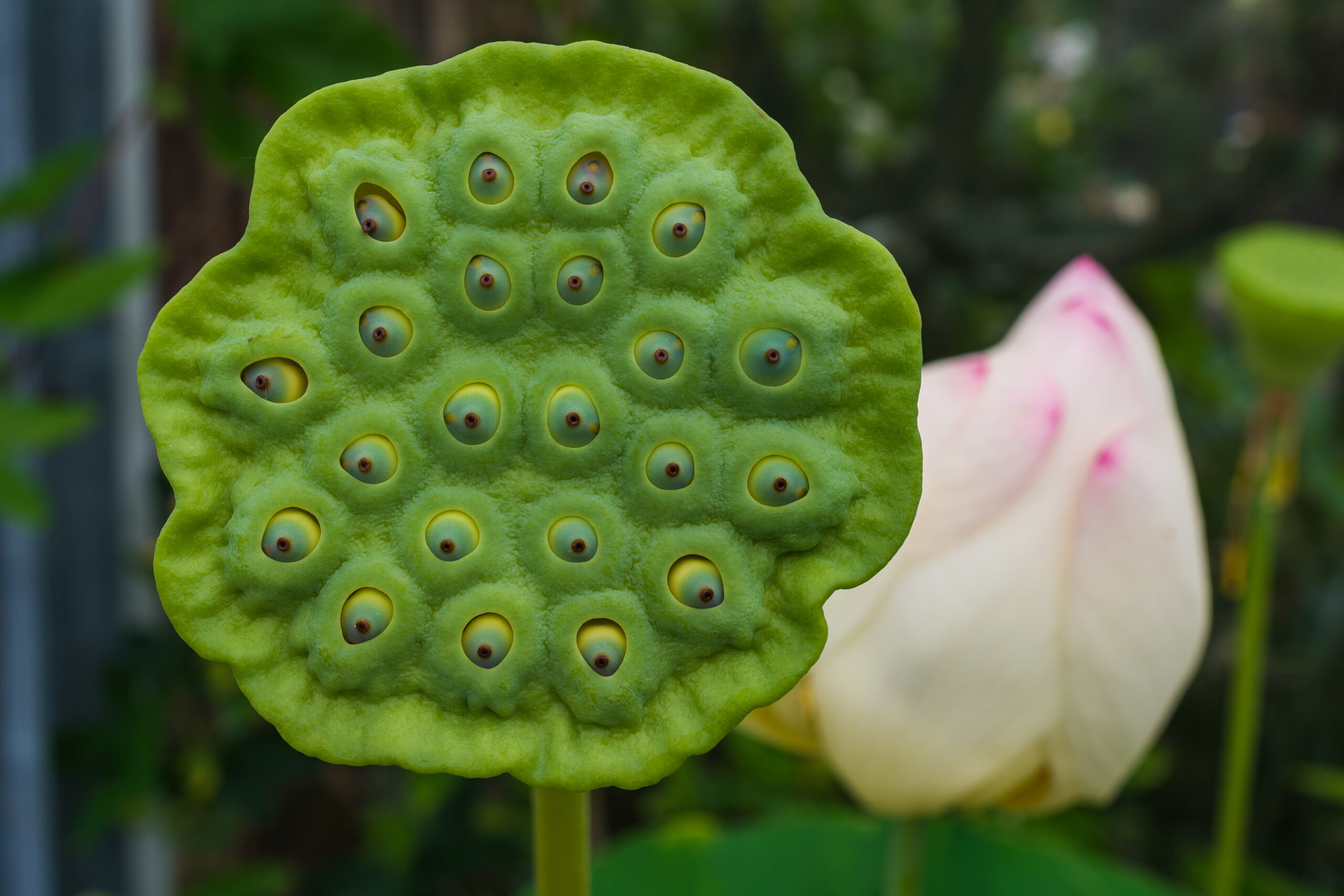
The conference is organized jointly by the Giorgio Cini Foundation (the Centre for Comparative Studies of Civilisations and Spiritualities), Ca’ Foscari University of Venice (THE NEW INSTITUTE Centre for Environmental Humanities – NICHE, Center for the Study of Lived Religion, and Department of Asian and North African Studies), University College Dublin (Irish Research Council Government of Ireland), and Harvard Divinity School (Center for the Study of World Religions).
In this international, cross-disciplinary conference, we aim to investigate the literary, philosophical, anthropological, and political aspects of an ecological rematerialisation of religions and spiritualities, in dialogue with the ever-growing academic production related to the connection between religious thinking and environmental praxis.
Download the programme of the conference here.
Admission is free upon registration on Eventbrite:
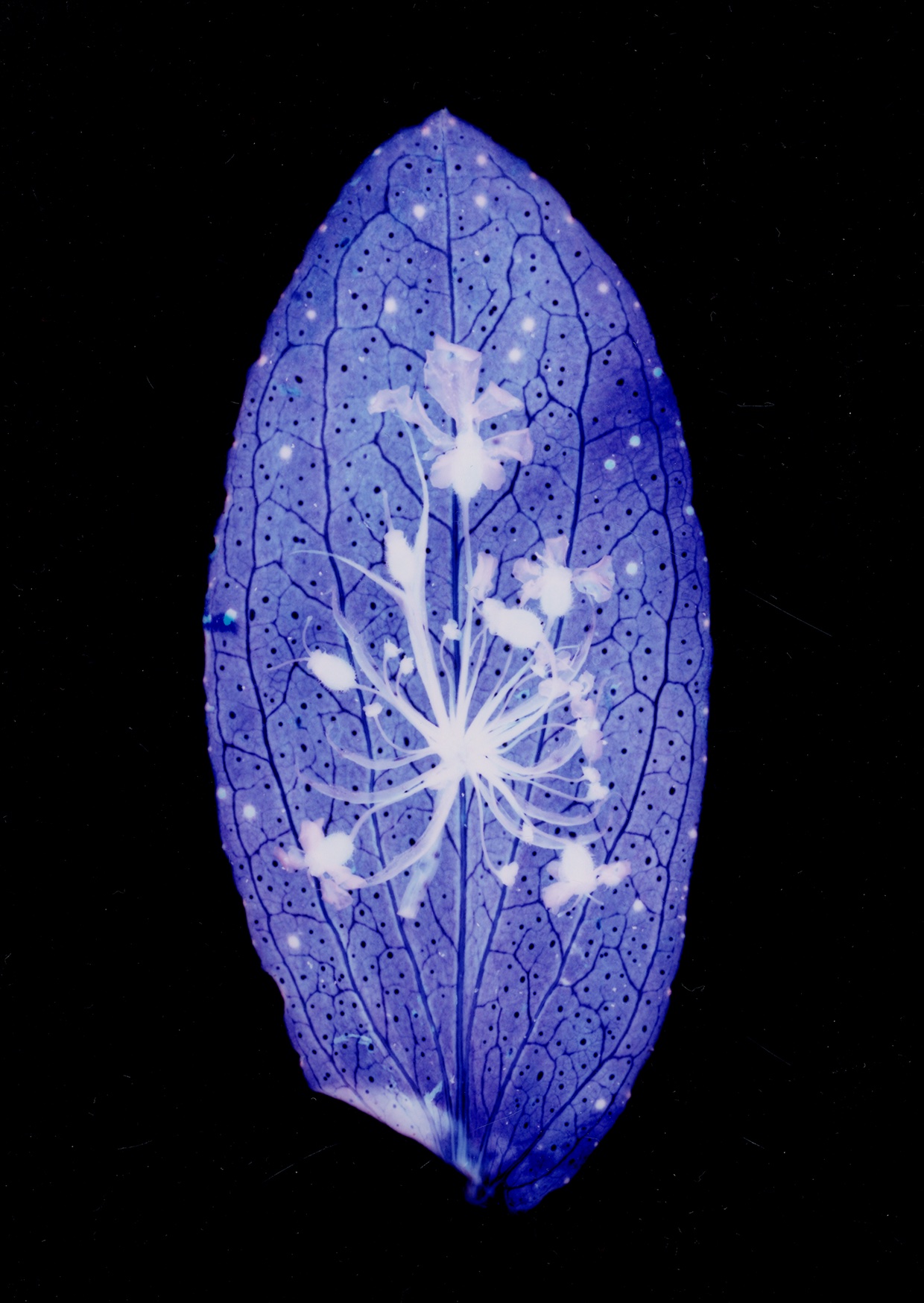
Call for papers for the conference
“The Aesthetics of Esoteric Practices: Materialities, Performances, Senses”
Fondazione Giorgio Cini, 12-14 November 2024
Deadline: 1st May 2024
This conference focuses on the aesthetics of esoteric practices through materialities, performances, and the senses. It aims to explore the extent to which esoteric practices are socially and culturally constructed and effective because they are practiced, performed, sensorily perceived and embodied by participants as practitioners as well as spectators.
We invite contributions that address aesthetics of esoteric practices through materialities, performances and senses, from a theoretical, empirical research-based and/or practical perspective — we also encourage performative contributions that are dedicated to mediating the aesthetics of esoteric practices by making them observable and tangible. The conference will serve as a forum for exchange on whether and how aesthetics play a key role in the success and omnipresence of esoteric practices in contemporary (oc)culture.




